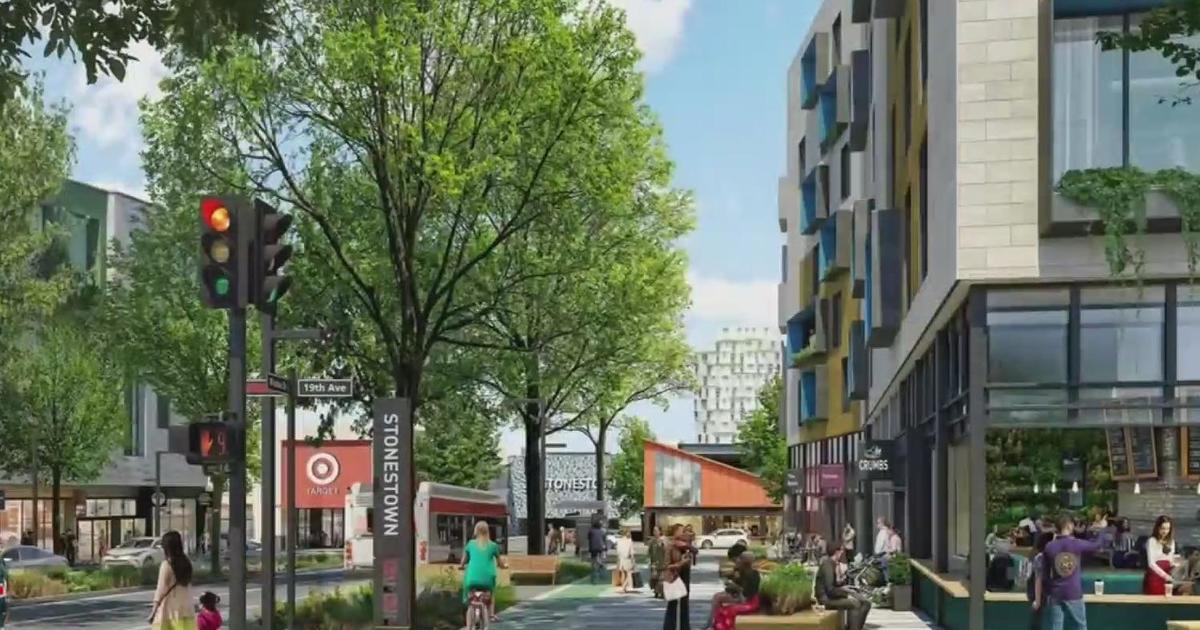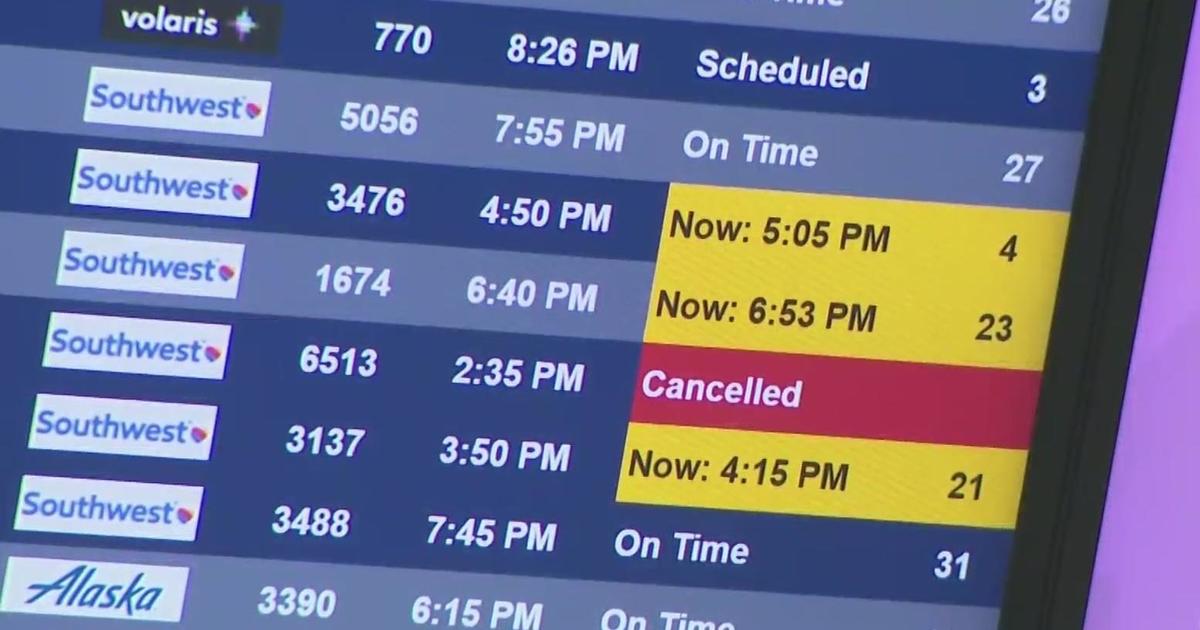2020 In Review: Goodbye Yellow Brick Road -- Thousands Leave The Bay Area
By CBS San Francisco Staff
SAN FRANCISCO (CBS SF) -- Like thousands of other tech workers, William Hauser came to the San Francisco Bay Area from Ohio seeking a bright future in the epicenter of the digital world.
There were obstacles -- high rents, an ever skyrocketing cost of living, long hours at work. Then the coronavirus struck. In mid-March, tech giants including Salesforce, Apple, Google and Twitter sent their staffs home to work remotely and smaller firms followed suit. As the lockdown lingered, the luster wore off and Hauser joined the exodus from the Bay Area.
"Honestly, I started being a software engineer, I got into computers, because it's convenient to be able to work remotely," Hauser said as he was loading up a U-Haul in his San Francisco neighborhood in the fall. "Now that everyone has been working remote, and policies aren't cemented at least until next year, there's no reason to stay here when I could go back to family and work remotely there."
As the months wore on, moving vans and U-Hauls became a common sight on neighborhood streets as the retreat from San Francisco and the Bay Area gained momentum.
He grew up in Honolulu. After high school, he left for the U.S. mainland and Asia for educational and career opportunities and never expected to be able to leave the Bay Area and still be able to run the company.
Then the pandemic shut down child care options in San Francisco for his baby born in January. He and his wife planned to come to Honolulu for a month so that his mother could help with the baby. A month turned into two and then six.
"If there's an opportunity now to take mainland salaries and our mainland jobs and to execute them well from Hawaii, I do think that Hawaii has a once-in-a-lifetime opportunity to diversify the economy and ... take advantage of the fact that our core strength in Hawaii is a tremendously wonderful place to live and to raise kids," he said.
ALSO READ: 2020 In Review: The Day The Sky Turned Blood Orange; Historic Wildfires Ravage Northern California
Tesla CEO Elon Musk also departed the Silicon Valley, moving to Texas, but he did keep his headquarters in the Bay Area. That wasn't the case for tech giant Oracle and Hewlett Packard Enterprise, who both announced moves out of state.
Musk recently compared California's situation to sports teams.
"They (successful sports teams) do tend to get a little complacent, a little entitled, and then they don't win the championship anymore," Musk said of California. "(California) has been winning for a long time. And I think they're taking them for granted a little bit."
The numbers bore out the trend. An industry survey found that more people were leaving California than moving into state, continuing a trend that coupled with fewer births slowed the growth rate in the nation's most populous state to a record low amid the pandemic that is reshaping its future.
Officially, California added 21,200 people from July 1, 2019, to July 1, 2020, increasing the state's population a paltry 0.05% to 39.78 million people — still by far the most of any state.
But the bigger news from the new population estimate was that 135,600 more people left the state than moved here. It's only the 12th time since 1900 the state has had a net migration loss, and the third largest ever recorded.
The exodus also drove down rents. Analysts at AdvisorSmith found that 10 of the top 25 cities in the U.S. where rents are fell the most, were in the Bay Area.
San Francisco was number 4 in the nation, after Odessa, TX (1); Midland, TX (2); and Williston, North Dakota (3). Other Bay Area communities include Mountain View (5), Sunnyvale (6), Redwood City (8), San Mateo (11), Oakland (15) and San Jose (19).
The range of the drop has varied wildly based on location. In San Francisco, rents have fallen from $2,650 per month to $2,081 since 2019. That's a 26% drop. In Walnut Creek (76), the rent drop was much less: only a 3.7% drop from $2,574 per month to $2,512.
When it came to those who stayed in the Bay Area, a desire for home ownership -- fueled by low interest rates and the need for more space while working remotely -- buoyed the real estate market.
According to a California Association of Realtors report, the median price for an existing, single-family home in the Bay Area was $1,060,000 in September, which was down 0.7% from August's all-time high but up 20.5% from September of last year.
"Buyer demand remains robust," said Jordan Levine, the association's deputy chief economist. "We see that in the mortgage applications, we see that in the price numbers for the Bay Area, in the unsold inventory numbers which declined. That is driving this rebound in sales, but it is also making the market more competitive."
Others planned to stay in California, but relocate outside the Bay Area where home prices were more reasonable. Home sales soared in the Lake Tahoe area.
"We've seen a large number of transplants from other areas," said Rhonda Keen, president of the South Tahoe Association of Relators. "It's not just tech-workers either. We're getting all kinds demographics buying homes without even seeing the property."



